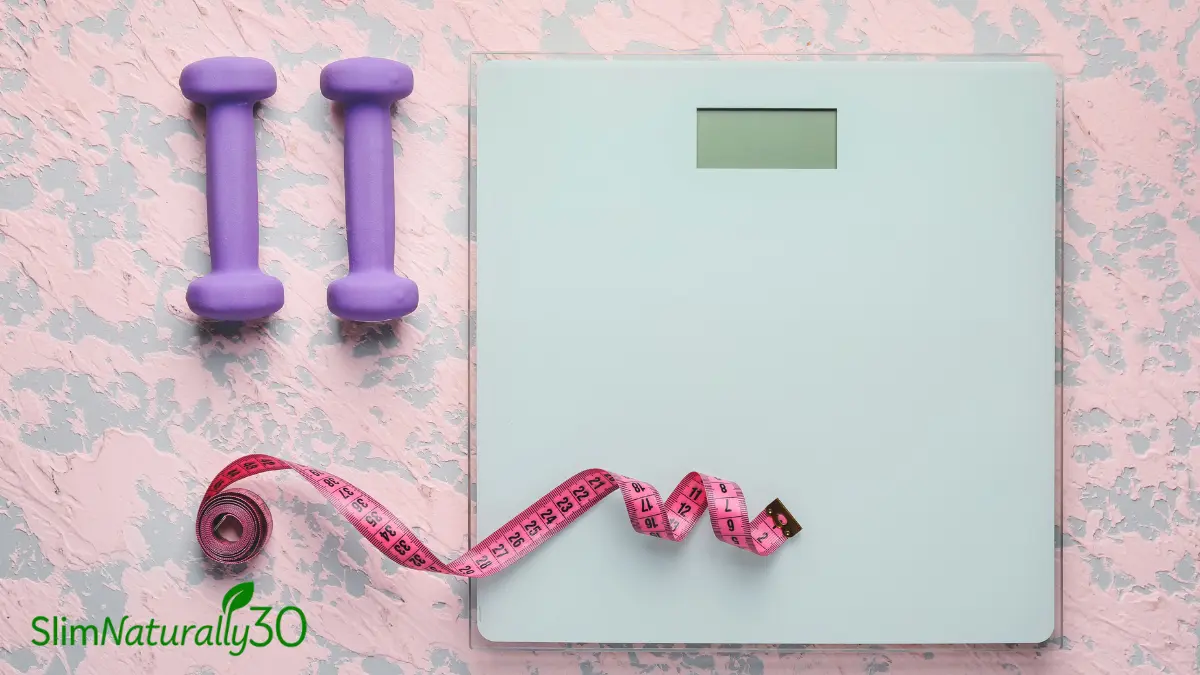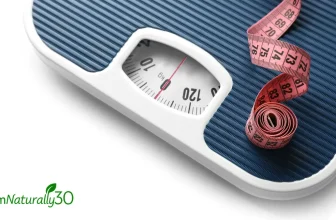
At first, I thought maybe I needed more time. Then I switched brands. Then I doubled the dose. Still… nothing noticeable.
That's when I started wondering: what if the probiotic wasn't broken? What if it just didn't have what it needed to work?
I Thought the Probiotic Wasn't Strong Enough. I Was Wrong.

Why Probiotic Supplements Alone Don't Work
I tried at least four different brands. High CFUs. Refrigerated. Spore-forming. Multi-strain. Single-strain. I even bought one with a fancy green label and clinical studies on the box.
Still, my symptoms stayed the same. So I started reading. Digging. Asking better questions. And I kept coming across one line that made my stomach drop:
"Probiotics don't work in isolation. They need the right environment."
It hit me: I was swallowing good bacteria—but feeding them junk. I was skipping fiber. Stress-eating sugar. Drinking coffee before water. Sleeping five hours and calling it rest.
I wasn't creating a gut that could use the probiotic. I was hoping the capsule could do all the work for me.
You Can't Just Drop a Seed and Hope for a Garden
Probiotics are living organisms. Think of them like seeds. You can toss them on a sidewalk and hope—or you can plant them in healthy soil, water them, and give them sunlight.
In your gut, that "soil" is your diet, your stress levels, your hydration, your sleep. It's the entire environment those bacteria have to live in—or die in.
Without enough fiber (especially prebiotic fiber), good bacteria can starve. With constant sugar spikes, the wrong strains might take over. And with no sleep? Even the best strains can't do their job well.
This isn't about perfection. But it is about conditions. You can't expect a pill to undo a lifestyle. You have to give those microbes a home they want to stay in.
I Didn't Switch Pills. I Switched My Approach.
Once I stopped blaming the bottle, I started looking at what else needed to shift.
I added prebiotics—like cooked oats, slightly green bananas, and cold potatoes. I stopped skipping breakfast. I swapped my after-dinner chocolate for a spoonful of almond butter and cinnamon. Small, doable shifts. Nothing extreme.
I stopped drinking coffee before water. I gave myself eight hours in bed, even if sleep didn't always come easy. I paused social media after 9 p.m.—not for productivity, but to calm my nervous system.
And after about two weeks, I noticed something strange: I wasn't bloated after meals. My cravings leveled. My skin looked clearer. The probiotic hadn't changed. But my gut finally knew what to do with it.
My Gut Didn't Need More Force. It Needed Partnership.
For so long, I saw probiotics like problem-solvers. Take this → fix that. But that mindset made me passive—and frustrated.
It wasn't until I saw them as part of a bigger picture that things clicked. They weren't the solution. They were part of my support team.
My job wasn't to control my gut. It was to cooperate with it. To listen. To feed it. To rest it. And to give it help that matched what it actually needed.
The shift wasn't dramatic. But it was durable. And more importantly—it finally felt sustainable.
LeanBiome Didn't Replace My Effort. It Reinforced It.
I found LeanBiome after trying more supplements than I care to count. What made me stay wasn't the branding. It was how it fit into the work I was already doing.
It didn't promise miracles. It promised support—and delivered. The strains were chosen for metabolic balance, gut lining, and energy regulation. It felt like something designed for a woman who's done the reading—and lived the fatigue.
When I took it alongside sleep, fiber, hydration, and a slower morning… it helped. Not dramatically. But meaningfully.
If you're rebuilding your gut and tired of hype, this might be the quiet, steady kind of help you've been looking for.
→ Want the full scoop? Here's my LeanBiome review
→ Why some probiotics don't work: Cleveland Clinic explains
It Wasn't the Probiotic That Changed. It Was Me.
I didn't find a magic capsule. I found a new rhythm. One that didn't expect one product to fix everything—but welcomed real support when it counted.
Now, I still take a probiotic. But I take it alongside food that feeds it, rest that holds it, and a mindset that no longer demands instant results.
"My gut didn't need more pressure. It needed a little patience—and a plan it could trust."
You might also like:
→ Best Probiotic Strains for Women Over 30
Frequently Asked Questions
Why don't probiotics work for everyone?
Because probiotics need the right environment—like fiber, hydration, and low stress—to thrive. Without that, they may not colonize effectively.
How can I tell if a probiotic is working?
Subtle improvements in digestion, regularity, mood, and energy are good signs. It can take weeks, and results depend on consistency and gut environment.
Can I take probiotics without changing my diet?
You can, but the effects may be limited. Diet, sleep, and stress are major players in gut health—and help probiotics work more effectively.







